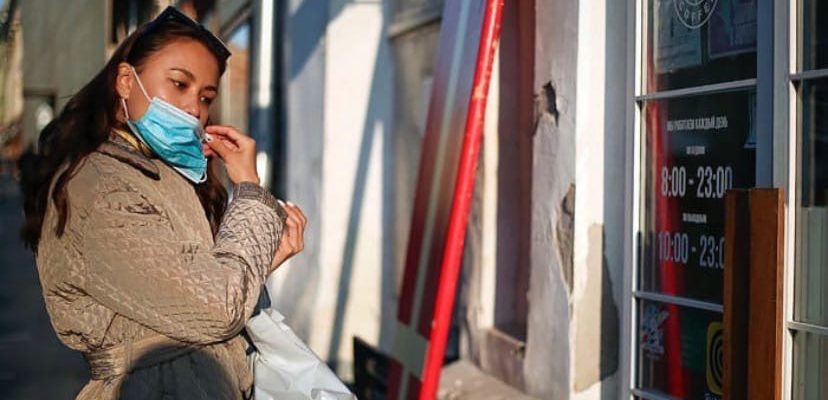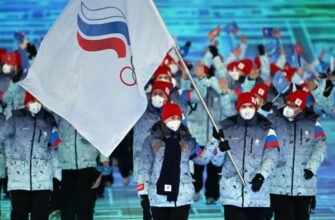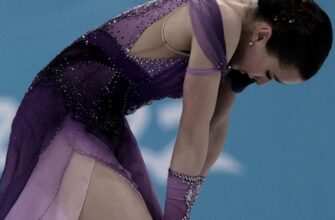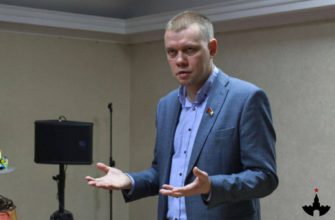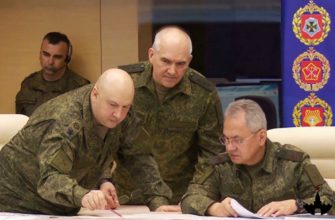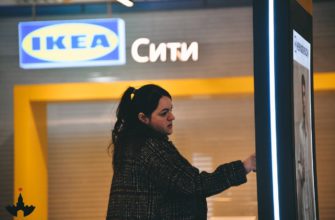Until the next wave of coronavirus has come to Russia again, which both the people and the state are so afraid of, new restrictions are being introduced in the country, and voluntary vaccination until recently becomes compulsory.
Since the beginning of June, Moscow Mayor Sergei Sobyanin has ordered to transfer 60% of employees to a remote working mode, and later the Moscow authorities left the city’s restaurants and cafes open only for vaccinated citizens. Now residents and guests of the capital can get to public catering establishments only by using a QR-code confirming the vaccination, as well as with a certificate of antibodies.
Most Russian cities have followed Moscow in the issue of restrictions and vaccinations. Now, for many workers in the country, the main task for the near future is to get vaccinated against coronavirus as soon as possible, so as not to lose their jobs. The authorities explain this policy by the fact that the sooner a large proportion of the population is vaccinated, the sooner all restrictions can be lifted and many more countries will open their borders to Russia.

In connection with the introduction of such radical measures, many residents of the country have a number of questions to the authorities and discontent. For example, some employees in Russia have already lost their jobs: most enterprises have set conditions due to which employees of the organization are dismissed if they refuse vaccination.
To date, there are three officially registered vaccines in Russia: «Sputnik V», «EpiVacCorona» and «KoviVak». Each of them is free of charge and is designed for the population aged from 18 to 60-65 years. The vaccine is still contraindicated for minors.
The authorities in some Russian cities have introduced a certain “motivational” policy in order to attract more people to get vaccinated: for example, in Vladivostok, those who have received an officially registered vaccination in the building of the city circus are entitled to a free ticket to any performance. And in the Moscow metro at every step there are posters and advertising banners with the recommendation of a vaccine from doctors and artists, urging them to get vaccinated sooner. It can be noted that none of these ads promotes any one of the three existing vaccines: such advertising only calls for getting vaccinated, and which one is up to each of us to decide. For example, when Vladimir Putin was vaccinated against coronavirus a few months ago, he didn’t immediately tell what exactly he was vaccinated with. According to him, all three vaccines in Russia are effective and reliable.

